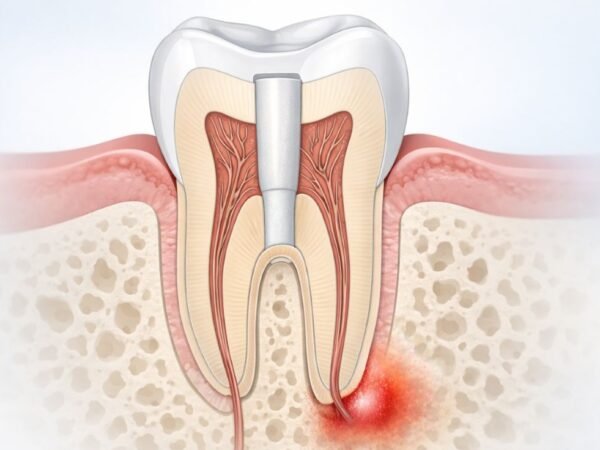One of the most damaging aspects of addiction is how it warps an individual’s self-perception. Negative thought patterns, such as “I’m not good enough” or “I don’t deserve happiness,” can become deeply ingrained. These beliefs can prevent people from seeing themselves as capable of recovery and hinder their progress in addiction treatment.
To develop a positive self-image, it’s essential to challenge these thoughts and replace them with affirming ones. Cognitive-behavioral therapy (CBT), commonly used in addiction treatment, helps individuals identify and reframe these negative thought patterns. By becoming more aware of the harmful narratives they tell themselves, individuals can begin to dismantle these beliefs and cultivate a healthier self-perception.
Practicing positive affirmations is another effective way to reinforce a positive self-image. Repeating statements like “I am worthy of love and respect” or “I am capable of change” can help shift your mindset over time. While it may initially feel uncomfortable, affirmations are a powerful tool in transforming how you view yourself throughout recovery.
Surrounding Yourself With Supportive People
The people you surround yourself with during addiction recovery play a significant role in shaping your self-image. A supportive social network can provide encouragement, accountability, and positive reinforcement, all contributing to developing a healthier sense of self. Conversely, toxic relationships can reinforce negative self-perceptions, making it more difficult to maintain sobriety and build self-esteem.
During addiction treatment, many individuals choose to distance themselves from people or environments that contribute to their substance abuse. This can be a difficult but necessary step in fostering a positive self-image. Instead, seek out relationships with people who uplift and encourage you. Support groups, recovery communities, and family therapy sessions can offer a safe space to share your experiences, receive validation, and grow emotionally.
Having a strong support system not only helps with addiction treatment but also reinforces one’s belief in one’s own values. Surrounding oneself with people who see one’s worth can help one begin to see it in oneself.
Focusing on Personal Growth and Purpose
Developing a positive self-image in addiction recovery also involves finding meaning and purpose beyond sobriety. Addiction often strips individuals of their sense of purpose, leaving them feeling lost or disconnected from their goals. Addiction treatment can help individuals rediscover their passions, interests, and values, providing a foundation for long-term fulfillment.
Engaging in activities that bring joy and satisfaction can foster a deeper connection with yourself and your aspirations. Whether pursuing a new hobby, volunteering, or furthering your education, personal growth is key to addiction recovery. By focusing on what makes you feel fulfilled, you can develop a more positive self-image rooted in your sense of purpose.
Practicing Forgiveness and Letting Go of Guilt
Guilt and shame are common emotional burdens carried by individuals in addiction treatment. These feelings often stem from past mistakes or the impact their addiction has had on loved ones. However, holding on to guilt can hinder personal growth and prevent individuals from seeing themselves deserving of recovery and happiness.
Practicing forgiveness for yourself and others is essential in developing a positive self-image. This doesn’t mean forgetting past mistakes but rather accepting that you are more than the choices you’ve made during your addiction. Addiction treatment programs often incorporate forgiveness exercises, helping individuals release the emotional weight of guilt and move forward with a renewed sense of self-worth.
Conclusion
Developing a positive self-image in addiction recovery is an ongoing process that requires time, effort, and support. Addiction treatment lays the groundwork for physical sobriety, but emotional healing is just as important. By setting realistic goals, practicing self-care, challenging negative thoughts, and surrounding yourself with supportive people, you can rebuild your self-worth and foster a healthier relationship with yourself.
A positive self-image contributes to long-term sobriety and enhances your overall quality of life. As you move through addiction recovery, remember that you are deserving of happiness, respect, and fulfillment. Building this foundation of self-worth is key to maintaining a strong, resilient recovery and leading a life of purpose beyond addiction.
Also read interesting articles at Disboard.co.uk













